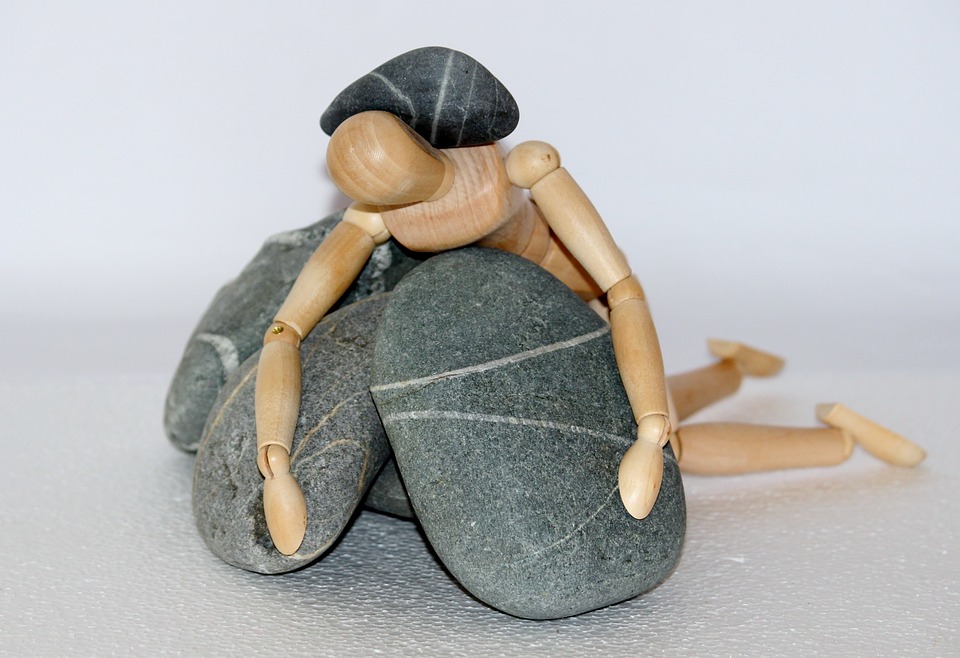In the fast-paced and demanding world we live in, stress and anxiety have become companions in our daily lives. Whether it’s meeting work deadlines, managing relationships, or simply dealing with the challenges of modern existence, stress and anxiety can creep into every facet of our routine. Understanding the sources, effects, and coping mechanisms for these common mental health issues is crucial for maintaining a balanced and healthy lifestyle.
Sources of Stress and Anxiety:
1. Work Pressure:
The modern workplace is often characterized by tight deadlines, high expectations, and a constant need to perform at peak levels. Juggling multiple tasks and responsibilities can lead to overwhelming stress and anxiety.
2. Personal Relationships:
Interpersonal relationships, while fulfilling, can also be a significant source of stress. Conflicts, communication breakdowns, and the pressure to maintain social connections contribute to anxiety in our personal lives.
3. Financial Concerns:
Economic uncertainties, debt, and financial struggles can create a constant state of worry, impacting mental well-being and contributing to stress and anxiety.
4. Health Issues:
Concerns about personal health or that of loved ones can be a potent source of anxiety. Chronic illnesses, medical emergencies, and the fear of the unknown can take a toll on mental health.
Effects of Stress and Anxiety:
Physical Health Impact:
Prolonged exposure to stress and anxiety can manifest in physical symptoms such as headaches, muscle tension, digestive issues, and even cardiovascular problems.
Mental Health Consequences:
Chronic stress can contribute to mental health disorders like depression and anxiety disorders. It can also impair cognitive function, affecting memory, concentration, and decision-making abilities.
Strained Relationships:
The impact of stress on personal relationships is undeniable. Constant tension and anxiety can lead to conflicts, communication breakdowns, and strained connections with family, friends, and colleagues.
Coping Mechanisms:
Mindfulness and Meditation:
Incorporating mindfulness practices and meditation into your routine can help alleviate stress and anxiety by promoting relaxation and mental clarity.
Healthy Lifestyle Choices:
Regular exercise, a balanced diet, and adequate sleep are foundational elements for managing stress. These lifestyle choices contribute to physical and mental well-being.
Effective Time Management:
Prioritizing tasks, setting realistic goals, and managing time efficiently can reduce the overwhelming feeling of being stretched thin.
Seeking Support:
Talking to friends, family, or a mental health professional can provide valuable insights and support. Sharing your concerns with others can alleviate the burden of stress.
Setting Boundaries:
Learning to say ‘no’ when necessary and setting healthy boundaries can prevent burnout and reduce the accumulation of stressors.
Conclusion:
Stress and anxiety are inevitable aspects of modern life, but managing them effectively is crucial for overall well-being. By understanding the sources, recognizing the effects, and implementing healthy coping mechanisms, individuals can navigate the challenges of their daily routines with resilience and grace. Prioritizing mental health, seeking support, and adopting a proactive approach to stress management are key steps toward a balanced and fulfilling life in the face of life’s inevitable stressors.














More Stories
‘मौका मिले तो पाकिस्तान को नक्शे से मिटा दूंगा’: ऑपरेशन सिंदूर की हीरो कर्नल सोफिया के पिता की दहाड़, बांग्लादेश युद्ध की यादें हुईं ताज़ा!
भारत में 7 राज्यों के 27 एयरपोर्ट्स 9 मई तक बंद,430 फ्लाइट्स कैंसिल
बाबा वेंगा की डरावनी भविष्यवाणी: पहलगाम हमले के बाद भारत-पाकिस्तान युद्ध की आशंका बढ़ी!